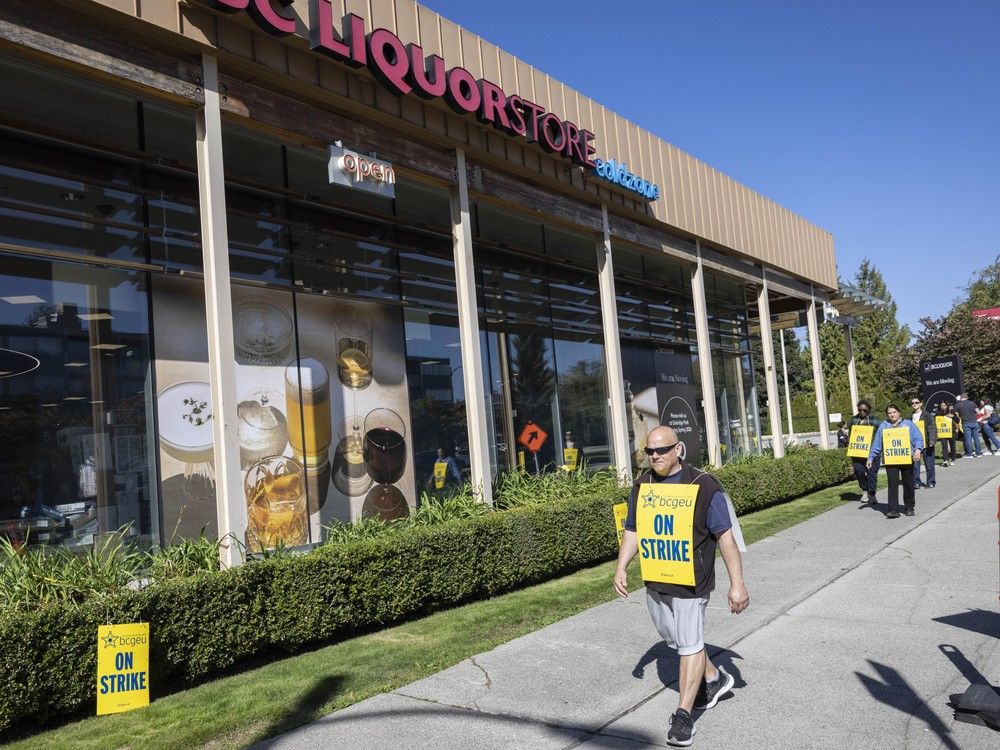
Introduction
The BC liquor store strike that began last month has significant implications for consumers, employees, and the provincial economy. With many stores either shuttered or running on reduced hours, the impact on the availability of products is being felt across British Columbia. This strike has garnered attention not only for its implications on liquor availability but also for its reflection of broader labor issues within the province.
Details of the Strike
The strike, commenced on September 15, 2023, involves members of the United Food and Commercial Workers (UFCW) Local 1518, which represents approximately 8,000 employees at various liquor store locations. Workers are demanding better wages, improved working conditions, and job security amidst rising living costs. Union representatives have described the situation as a necessary step in advocating for fair labor practices and employee rights.
The strike has cut deeply into the operations of the BC Liquor Distribution Branch, the government body that regulates and distributes liquor in the province. Reports indicate that many popular liquor brands are in short supply, leading to increased frustration among consumers who are either unable to find their favorite products or are facing higher prices due to the supply disruptions. This impact is particularly pronounced ahead of the holiday season, a peak retail time for liquor sales.
Current Developments
Negotiations between the union and the provincial government are ongoing. While meetings have occurred, a resolution has yet to be reached. The government has expressed a willingness to negotiate; however, it remains firm on budget constraints that impact their ability to meet all union demands. There are speculations that a resolution may come as parties seek to avoid further disruption to consumers and economic losses.
In a show of solidarity, many local businesses and advocacy groups have rallied behind the striking workers, emphasizing the importance of fair treatment and decent employment conditions for all sectors. Several community members have also shared their support through social media, highlighting the significance of this movement in the broader context of labor rights.
Conclusion
This BC liquor store strike illustrates the ongoing struggles faced by workers in various industries, highlighting the need for fair labor practices in today’s economy. The longer the strike lasts, the more it signals potential shifts in consumer habits and the liquor market in British Columbia. As we await a resolution, it is crucial for consumers to stay informed regarding the availability of liquor products and support workers’ rights in the province. In the coming weeks, there will likely be more developments, and it is essential for both parties to work towards a solution that benefits employees and meets consumer demand.



